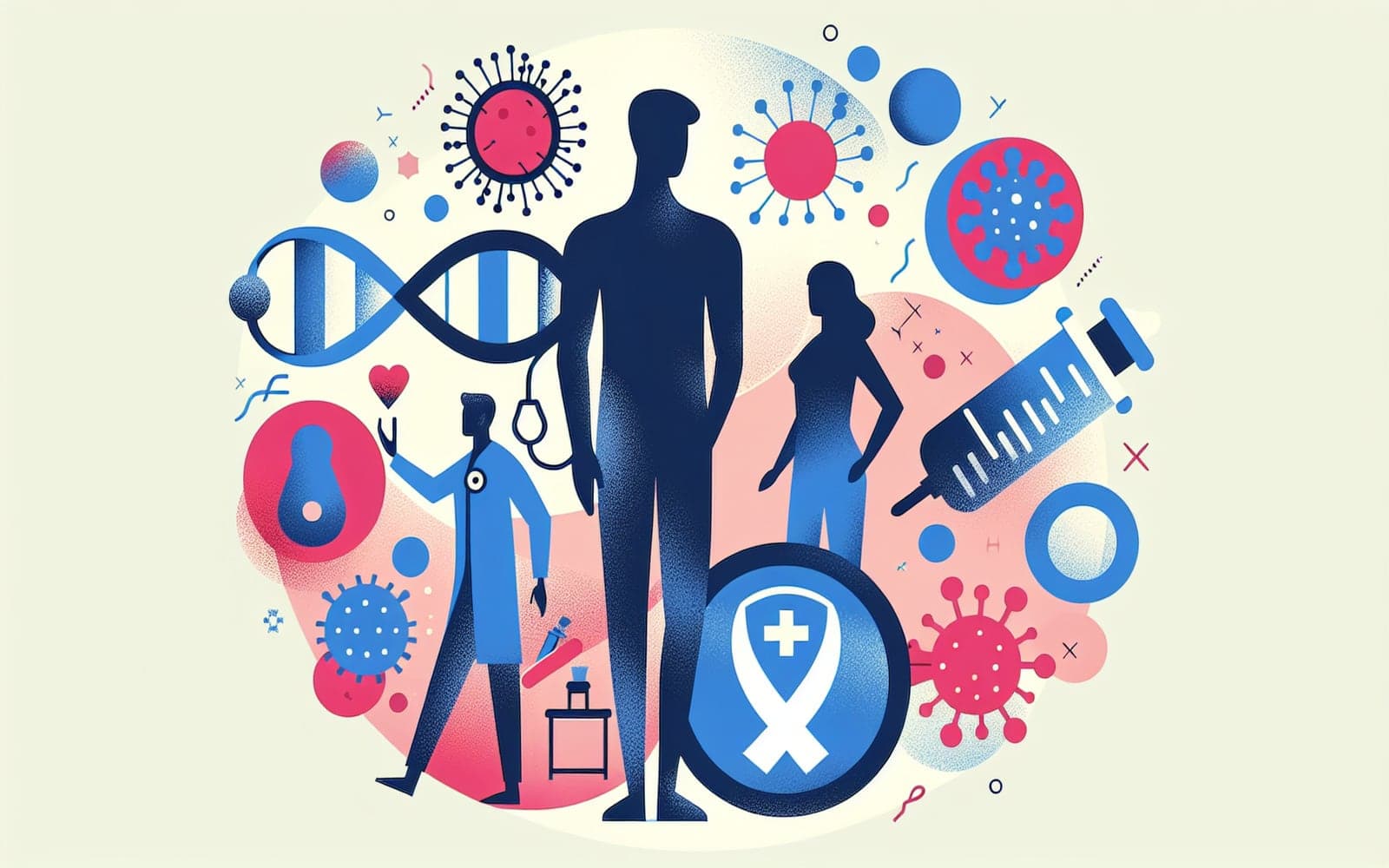Who's at Risk for Gonorrhea? Understanding the Factors
Published: Apr 06, 2024
Certain factors can increase your risk of contracting gonorrhea. Learn about these risk factors to better protect yourself and others.
Contents
High-Risk Behaviors
Engaging in unprotected sex greatly increases the risk of gonorrhea. This includes having multiple partners or new partners without using condoms. Risk is further heightened if sex involves oral or anal intercourse, as these can also transmit the infection.
Demographic Factors
Young adults and teenagers are particularly at risk for gonorrhea due to higher rates of new sexual partnerships. Urban areas and certain populations, such as men who have sex with men, also report higher rates of gonorrhea. These factors can contribute to increased exposure and transmission.

Impact of Previous Infections
A history of gonorrhea or other sexually transmitted infections (STIs) can increase susceptibility to future infections. This can be due to behavioral factors or biological changes that make reinfection more likely. Regular screening and treatment are essential to lower the risk.
Frequently Asked Questions
Young adults, teenagers, and those with multiple partners are at higher risk.
Yes, urban areas and certain populations report higher rates of infection.
Yes, a history of STIs can make future gonorrhea infections more likely.
Key Takeaways
Understanding your risk factors is key to preventing gonorrhea.
Discuss how to manage your risk factors with Doctronic and your healthcare provider.Related Articles
References
Centers for Disease Control and Prevention. Sexually Transmitted Diseases: Data and statistics. https://www.cdc.gov/std/statistics/
Always discuss health information with your healthcare provider.

